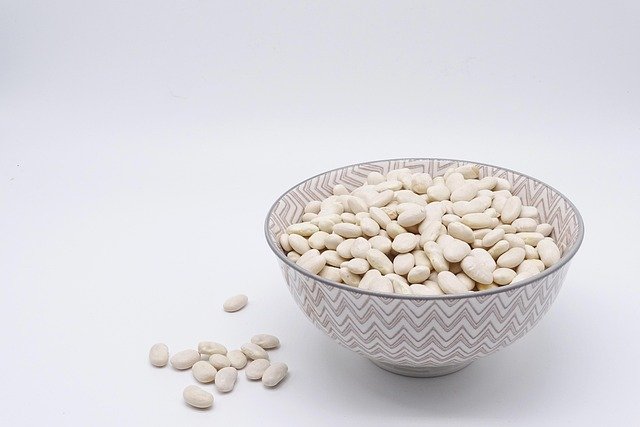Mycoprotein: The Fungal Superfood Revolutionizing Sustainable Nutrition
Are you ready to explore a protein source that's not only environmentally friendly but also packed with nutrients? Imagine a food that grows rapidly, requires minimal resources, and offers a meat-like texture without the ethical concerns. Welcome to the world of mycoprotein, a revolutionary fungal-based protein that's reshaping our approach to sustainable nutrition.

Nutritional Powerhouse: Breaking Down Mycoprotein’s Benefits
Mycoprotein boasts an impressive nutritional profile that rivals traditional protein sources. Rich in complete proteins, it contains all nine essential amino acids, making it a valuable option for vegetarians and vegans. Moreover, mycoprotein is naturally low in fat and high in fiber, contributing to improved digestive health and prolonged satiety. Studies have shown that incorporating mycoprotein into one’s diet can lead to better blood sugar control and reduced cholesterol levels, making it a heart-healthy choice for health-conscious consumers.
Sustainability Superstar: Mycoprotein’s Environmental Impact
In an era of increasing environmental awareness, mycoprotein stands out as a beacon of sustainability. Unlike traditional livestock farming, which requires vast amounts of land, water, and feed, mycoprotein production has a significantly smaller ecological footprint. The fungus used to create mycoprotein grows rapidly in fermentation tanks, using glucose derived from sustainable sources like corn or wheat. This efficient production process results in lower greenhouse gas emissions, reduced water usage, and minimal land requirements compared to animal-based protein sources.
Culinary Versatility: From Lab to Table
One of mycoprotein’s most remarkable features is its ability to mimic the texture and taste of meat. This versatility has led to the development of a wide range of products, from mince and nuggets to fillets and burgers. Chefs and food scientists continue to innovate, creating new recipes and applications that showcase mycoprotein’s adaptability in various cuisines. As consumer demand for plant-based alternatives grows, mycoprotein is poised to play a pivotal role in the future of sustainable food production.
Addressing Concerns: Safety and Allergies
While mycoprotein has gained popularity, it’s important to address potential concerns. Some individuals may experience allergic reactions, particularly those with mold allergies. However, extensive research has demonstrated that mycoprotein is safe for consumption for the vast majority of people. Regulatory bodies worldwide have approved its use, and ongoing studies continue to monitor its long-term effects on human health.
Mycoproteins: Fungal Facts and Wellness Wisdom
-
Mycoprotein contains more fiber than brown bread, aiding digestive health
-
The protein quality of mycoprotein is comparable to that of eggs
-
Mycoprotein production uses 90% less land and water than beef production
-
Some studies suggest mycoprotein may help reduce muscle soreness after exercise
-
Mycoprotein is naturally free of cholesterol and trans fats
-
The fungus used for mycoprotein was originally discovered in a field in Buckinghamshire, England
As we face the challenges of feeding a growing global population while minimizing environmental impact, mycoprotein emerges as a promising solution. Its unique combination of nutritional benefits, sustainability, and culinary versatility positions it as a key player in the future of food. By embracing innovative protein sources like mycoprotein, we can take significant steps towards a healthier planet and a more sustainable food system. The fungal frontier is here, offering a tasty and nutritious path to a more sustainable future.






